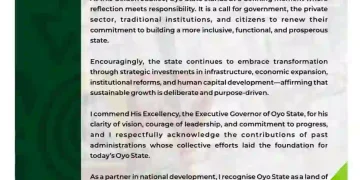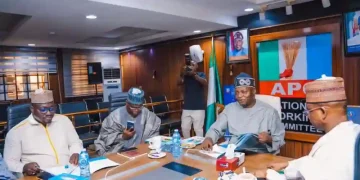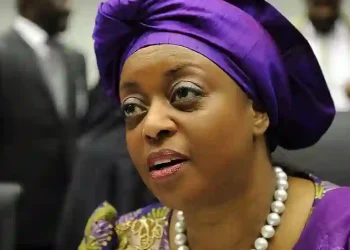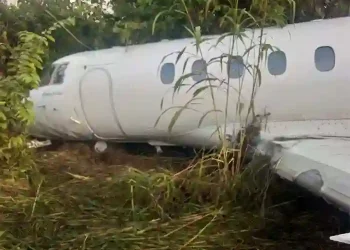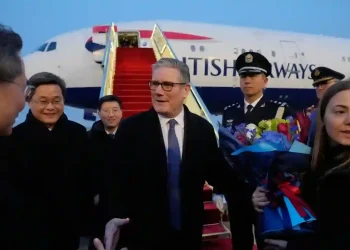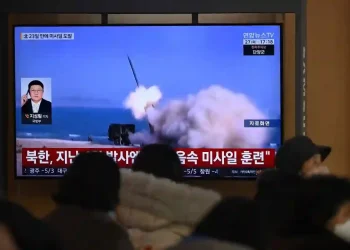In a move that has reignited international debate on religious freedom and human rights in Africa, U.S. President Donald J. Trump has redesignated Nigeria as a “Country of Particular Concern” (CPC)—a term reserved for nations accused of severe violations of religious liberty.
Announcing the decision on his Truth Social platform on Friday, President Trump declared that Christianity in Nigeria faces what he called an “existential threat.” His message came with the weight of presidential authority, signalling Washington’s renewed attention to the persistent wave of violence against Christians across Nigeria’s northern and Middle Belt regions.
“Christianity is facing an existential threat in Nigeria,” Trump wrote. “Thousands of Christians are being killed. Radical Islamists are responsible for this mass slaughter. I am hereby making Nigeria a ‘Country of Particular Concern’, but that is the least of it.”
The President further revealed that he has directed Rep. Riley Moore, Rep. Tom Cole, and members of the House Appropriations Committee to launch a formal investigation into the crisis and provide a comprehensive report to the White House.
“The United States cannot stand by while such atrocities are happening in Nigeria and numerous other countries,” he added. “We stand ready, willing, and able to save our great Christian population around the world.”
Trump’s decision effectively revives a policy first implemented during his earlier tenure in 2020, when Nigeria was similarly listed for “systematic, ongoing, and egregious” violations of religious freedom. That status was later lifted under the Biden administration, a move that drew heavy criticism from Christian organisations and human rights advocates who accused Washington of political leniency despite rising attacks.
The Christian Association of Nigeria (CAN) has long warned about what it describes as targeted persecution, citing consistent attacks on churches, clergy, and rural Christian communities. In its latest statement, CAN expressed “deep sorrow and frustration” over the violence, describing the destruction of places of worship and mass displacement as a “humanitarian catastrophe unfolding in silence.”
Human rights observers say Trump’s redesignation could pressure Abuja to take stronger action against extremist groups and address what many call a crisis of impunity. Yet on the ground, the pain remains visceral. In villages across Plateau, Benue, and Southern Kaduna, communities count their dead and rebuild from ashes—stories of faith, fear, and resilience woven into every scarred landscape.
Whether this latest move leads to policy change or renewed U.S.–Nigeria diplomatic tension, one reality stands clear: the struggle for religious survival in Nigeria is no longer an internal affair—it is now a global concern under the gaze of Washington once again.




